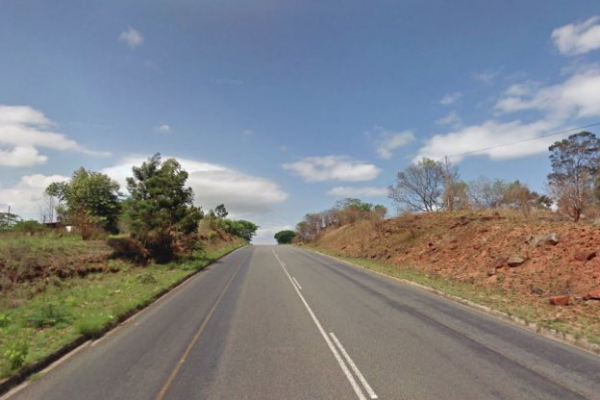
MASVINGO Provincial Affairs minister Josaya Hungwe has assured indigenous civil engineering firms that they will get their 40% share of road construction jobs in the dualisation of the Harare-Masvingo-Beitbrigde Highway.
BY HAZVINEI MWANAKA
Briefing journalists on the state of affairs in the province yesterday, Hungwe said the government was committed to involving local communities in bigger projects.
“We have already requested the company that won the tender, Geiger International, that we want at least 40% of the projects to be given to the local community and their answer was positive,” he said.
Hungwe said prospective local companies should apply for consideration.
“Contractors, local engineers and material suppliers with capacity will participate in the project. This is a big project, it will take around five years and by the time the project is done, most of the people in the community would have benefited,” he said.
“We are going to make sure that we should not allow corruption in these projects. People should apply first.”
An Austrian construction company, Geiger International, won the tender to dualise the road and the project was commissioned by former President Robert Mugabe last year.
- Chamisa under fire over US$120K donation
- Mavhunga puts DeMbare into Chibuku quarterfinals
- Pension funds bet on Cabora Bassa oilfields
- Councils defy govt fire tender directive
Keep Reading
The road is being developed on a build, operate and transfer basis.
Harare-Beitbridge Highway is Zimbabwe’s busiest road as it links the country to most of its trading partners in Southern Africa.
According to a study carried out by the United Nations Economic Commission for Africa, only about 30% of the continent’s roads are paved and more than 50% remain in a poor condition.











